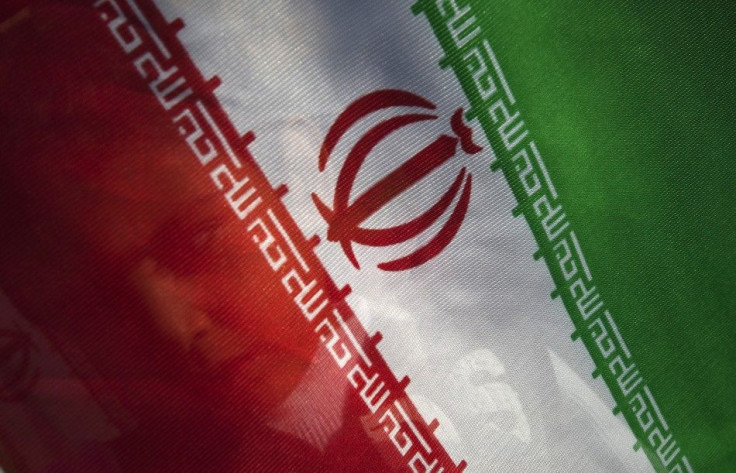Greece May Support Potential EU Ban on Iranian Oil

In an apparent about-face, the Greek government said it will support the European Union (EU) if it imposes a ban on oil imports from Iran, according to reports.
If the European Union decides to impose the sanctions, Greece will join them, an unnamed Greek official told Reuters.
Pressure is climbing against Teheran as European and U.S. Leaders seek to squeeze Iran economically in response to its nascent nuclear power program. Aside from sanctions already in place, the U.S., UK and France have moved to further tighten the screws on Iran by banning any dealings with Persian banks and Irans' central bank.
However, as recently as last month, Greece -- which generally has had friendly relations with Iran -- had expressed reservations about an oil embargo.
Indeed, according to the U.S. Energy Department’s Energy Information Administration, 14 percent of Greece's oil imports in the first six months of 2011 originated in Iran. In the second quarter alone, Greece received more than one-third (35 percent) of its oil from Iran.
Greece, deeply mired in its own financial crisis, has been highly dependent on Iranian oil because Teheran has offered the debt-ridden nations attractive credit terms that other oil exporters -- including Russia, Azerbaijan and Kazakhstan -- are reluctant to match.
In the event Athens truly agrees to abide by the ban on Iranian imports, it is unclear how they will compensate.
The Green official ambiguously told Reuters: If the sanctions are imposed, we will seek other ways to ensure we continue receiving the needed supplies and that the oil market operates smoothly.”
Given Greece's financial dependence upon the EU and International Monetary Fund, they may have no choice in the Iranian matter.
One possible alternative for Greece lies with exploring for oil on its own soil. Athens is inviting potential investors to tender bids in order to drill in the northern and central parts of the country.
Meanwhile, Iran's oil minister, Rostam Qasemi told Iranian news website Teheran will have no problems in finding a market for its crude, even if Greece bans imports.
The bulk of Iranian oil is exported to energy-hungry India, China and South Korea, Reuters noted.
Even China, perhaps aware how desperate Iran is getting, has demanded a discount in oil purchases.
Reportedly, China gets about 11 percent of its oil from Iran and has already reduced its January purchase contracts by half.
While the U.S. has long barred buying Iranian oil, most EU countries still purchase from Teheran, particularly Greece, Italy and Spain.
An EU spokesman informed Bloomberg that the bloc will decide by the end of January on establishing a rule to prohibit Iranian oil imports.
© Copyright IBTimes 2025. All rights reserved.





















